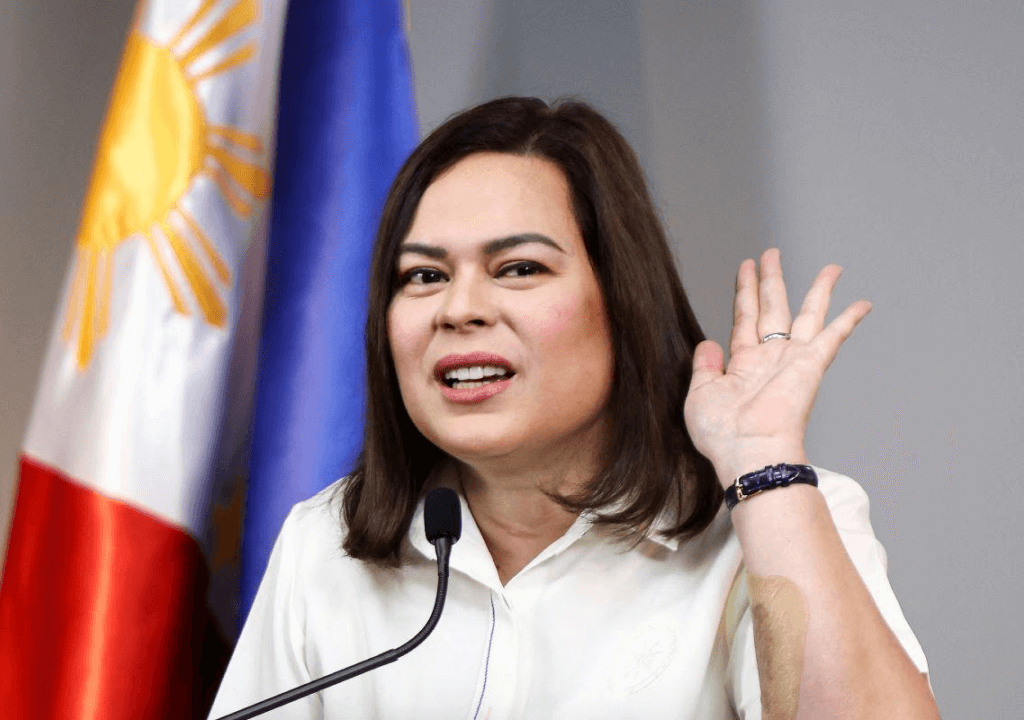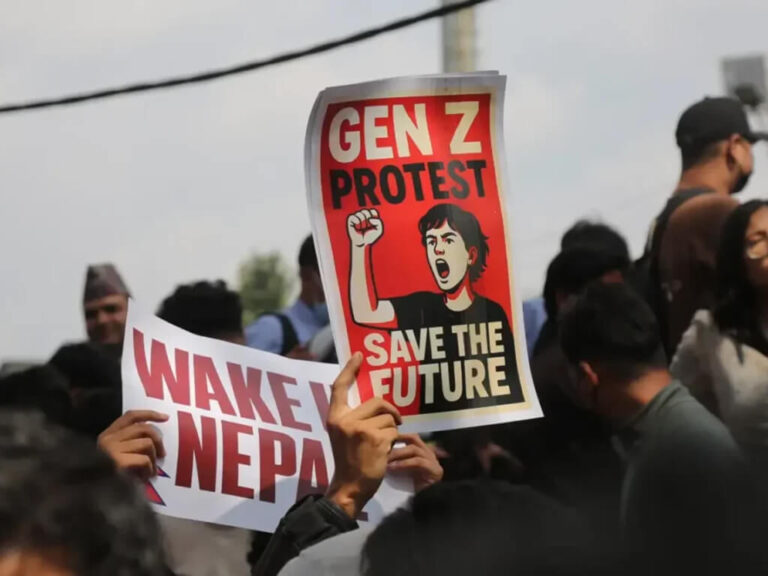Philippine politics, often regarded as one of the world’s most troubled democracies, feels like a script lifted from third-rate Indian films—a full-on drama with a cast of characters drawn from powerful dynasties. The narrative is laced with an unhealthy dose of masala: intrigue, betrayal, and a penchant for bloodshed. The latest installment, starring President Marcos Jr. and Vice President Sara Duterte, is performing well in the Philippines’ political theater. The revenge story now reaches its dramatic, inevitable climax. Duterte, embroiled in accusations ranging from plotting the assassination of the president to large-scale corruption and failing to confront China’s aggressive actions in the South China Sea, has finally faced impeachment.
On Wednesday, legislators in the House of Representatives, many of them allies of President Ferdinand Marcos Jr., deepened the political rift between the country’s two highest leaders by advancing an impeachment complaint against the vice president. With at least 215 lawmakers signing the petition—well beyond the required threshold—the complaint was swiftly sent to the Senate, which would serve as the tribunal for the proceedings, according to House Secretary-General Reginald Velasco during the chamber’s final session before a four-month recess. Among the signatories were Representative Sandro Marcos, the president’s son, and Speaker Martin Romualdez. The complaint called on the Senate to convene as an impeachment court, convict the vice president, remove her from office, and disqualify her from holding any future public office. It accused her of betraying public trust, abusing power in a tyrannical manner, and showing an inability to hold public office, with actions that demonstrated a disregard for the 1987 Constitution.
The Marcos and Duterte families remain locked in a political battle that has stymied the Philippines’ progress, with their contrasting policies—especially in foreign affairs—fueling divisions. While Marcos has strengthened defense ties with the United States, his predecessor, former president Rodrigo Duterte, cultivated close relations with China and Russia during his turbulent term, which ended in 2022. Despite these differences, the two families unexpectedly allied during the 2022 presidential election, securing Marcos Jr. the presidency and Sara Duterte the vice presidency. However, their alliance swiftly unraveled, giving rise to a fierce power struggle.
Though often seen as politically inexperienced, Sara Duterte has gradually carved out her own influence, distancing herself from Marcos’s circle. As this political drama unfolds, she has become a central figure in Philippine politics, attracting public attention in a country where political rivalries often shape leadership prospects. Many now view her as the Duterte family’s strongest candidate for the presidency in 2028.
However, the impeachment process carries significant risks for her. If the Senate upholds the charges, she would be barred from future elections. While Sara Duterte has not yet responded publicly to her impeachment, her brother, Representative Paolo Duterte, has condemned it as a clear act of political persecution. He accused rival lawmakers of hastily gathering signatures to push a baseless case to the Senate. Duterte has consistently leveled accusations of corruption, weak leadership, and attempts to silence her against Marcos, his wife, and his cousin, House Speaker Martin Romualdez, speculating that they are targeting her due to fears she may challenge Marcos for the presidency once his six-year term concludes in 2028.
The impeachment complaint against the vice president centers on a death threat she allegedly made against the president, his wife, and the House speaker last year, as well as accusations of irregularities in the use of her office’s intelligence funds and her failure to take a strong stance against Chinese aggression in the disputed South China Sea.
During an online news conference on November 23, she stated that she had contracted an assassin to kill Marcos, his wife, and Romualdez if she were assassinated, emphasizing that her words were not meant as a joke. She later clarified that she was not issuing a threat but expressing concerns for her own safety. However, as a member of a powerful political dynasty, she failed to recognize the gravity of making such statements about the country’s leader. Her remarks triggered an official investigation and raised national security concerns.
Allegations of graft and corruption against the vice president stemmed from a months-long, televised House investigation into the alleged misuse of 612.5 million pesos ($10.5 million) in confidential and intelligence funds allocated to her offices as vice president and education secretary. Her political rift with Marcos eventually led to her departure from the education post.
She has also faced accusations of unexplained wealth and failing to disclose her assets as required by law. However, she has repeatedly refused to address these allegations in detail, remaining evasive during tense televised hearings last year.
However, this battle is as much about the next elections as it is about governance. The Philippine general elections are scheduled for May, but the 2028 presidential race is the real prize. Sara Duterte has already signaled her interest, positioning herself as a strong and decisive leader—an image that resonates with the country’s electorate, which has long gravitated toward tough-talking politicians.
Her fate now rests with the 24 senators, two-thirds of whom must vote for her impeachment to remove her from office. A conviction would not only unseat her but also bar her from holding any future government position, effectively ending her presidential ambitions. But this is the Philippines—where political twists are always unpredictable.








